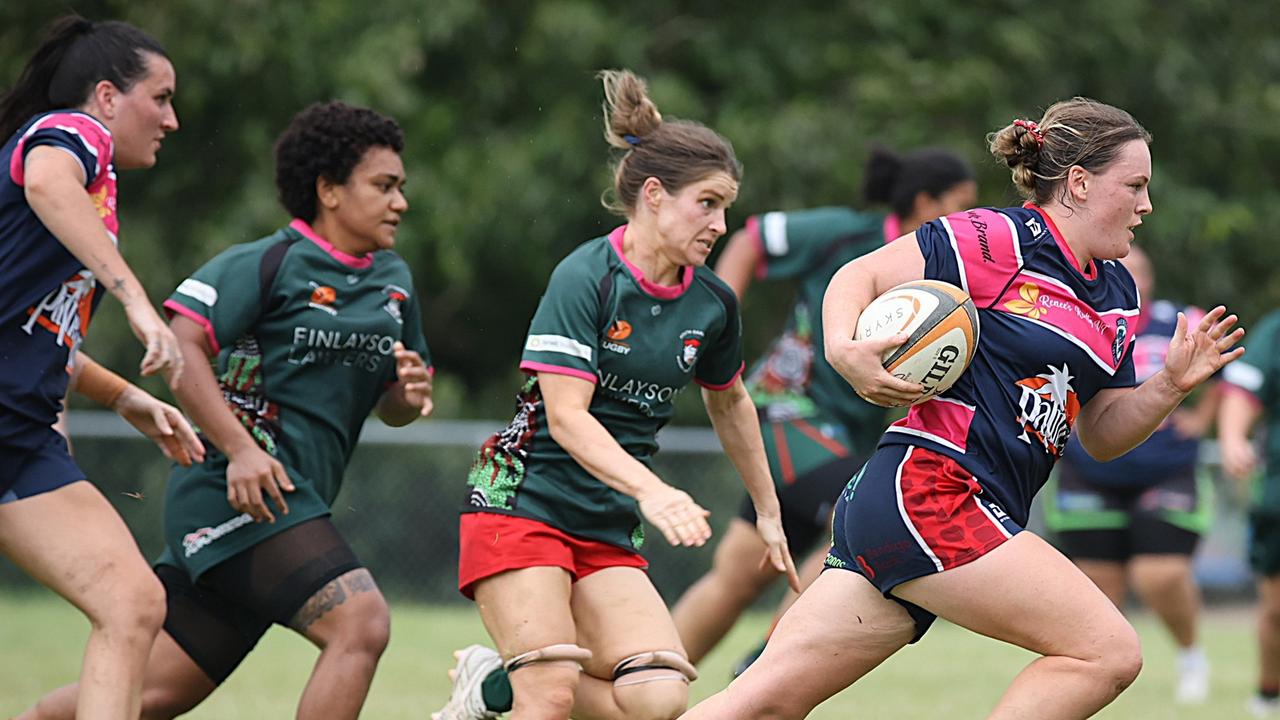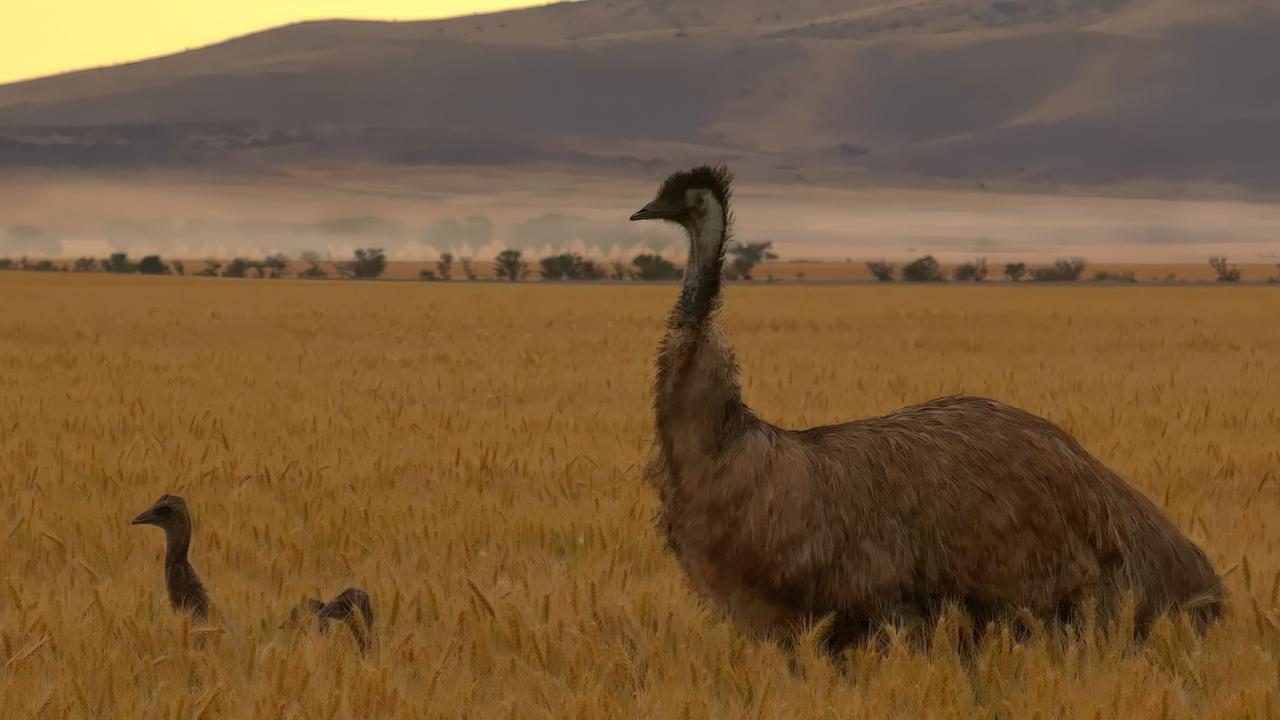Colleen Gwynne trial a disgraceful chapter in history of NT justice system
The treatment of Children’s Commissioner Colleen Gwynne is one of the more disgraceful chapters in the history of the NT justice system, writes Matt Cunningham
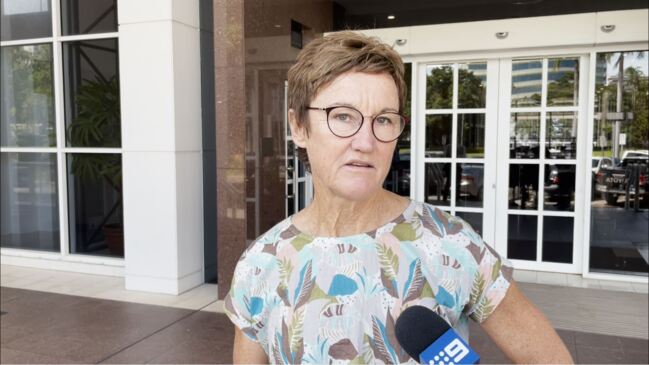
News
Don't miss out on the headlines from News. Followed categories will be added to My News.
AT 10.35am on Tuesday, Justice John Burns put an end to one of the more disgraceful chapters in the history of the Territory’s justice system.
After making a ruling on a point of law that forced the prosecution to concede it had no case, Justice Burns instructed a jury to find Children’s Commissioner Colleen Gwynne not guilty of one charge of abuse of office.
The question now is why our justice system spent three years and hundreds of thousands - if not millions - of dollars on a case that was at worst a trivial HR matter.
The prosecution alleged Ms Gwynne had given an unsatisfactory reference to Nicole Hucks so her friend, Laura Dewson, could be appointed Assistant Children’s Commissioner.
A panel during a previous recruitment process in 2018 had already deemed Ms Hucks unsuitable for the position.
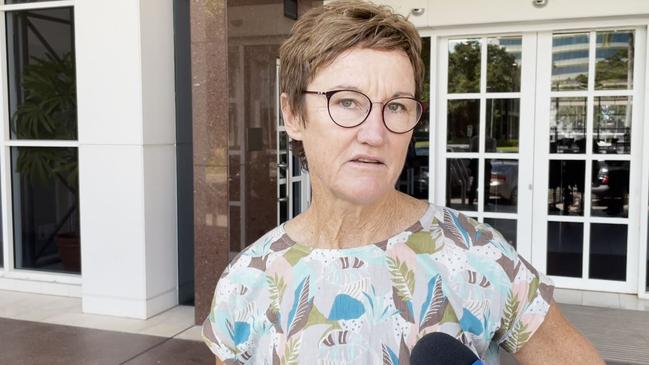
But the job was re-advertised as a special measures priority position.
This meant if an Aboriginal applicant was found to meet the essential criteria for the role and was deemed suitable at the level of the position, the remaining non-Aboriginal candidates would not be assessed.
Ms Hucks won the job.
Ms Dewson was never considered.
But Ms Gwynne was still charged with abuse of office because she allegedly failed to declare her friendship with Ms Dewson, sat on the panel (that ultimately appointed Ms Hucks), and gave Ms Hucks an unsatisfactory reference.
If the above did amount to criminal conduct, plenty of senior executives in the Northern Territory public service would be sleeping uneasy tonight.
Given the apparent triviality of this matter, why was it pursued with such vigour?
Why was Ms Gwynne charged without being interviewed?
Why were witnesses who could provide exculpatory evidence never spoken to?
And why did police take the extraordinary action of bugging Ms Gwynne’s office?
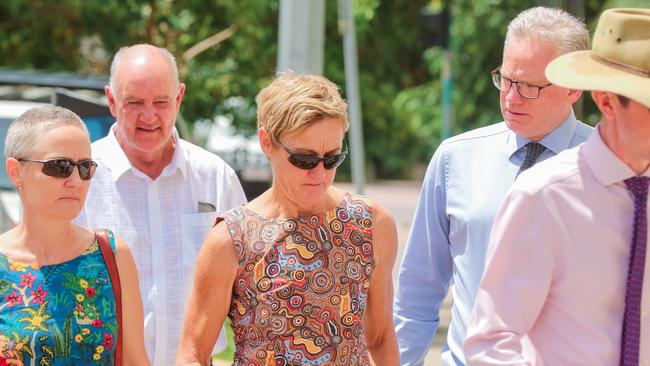
An independent inquiry might answer some of these questions – they sometimes have those in more sophisticated jurisdictions - but don’t hold your breath waiting for one in the NT.
It’s clear this case has taken a tremendous toll on Ms Gwynne and her family.
As she said outside court on Tuesday: “The humiliation and victimisation to which I have been subjected, merely for doing my job, is something that I have had to endure in silence, watching with increasing despair as this case took on a life of its own.”
She’s also had to apologise for what were clearly inappropriate and offensive comments made about Ms Hucks in the secret recordings made from her office.
These recordings were played to the court before the prosecution conceded its case had no chance of success.
Who of us, though, would escape unscathed if our private conversations were aired to the world.
The greatest tragedy in this case, however, is that it put a stop to the forensic work Ms Gwynne was doing as Children’s Commissioner, defending the rights of Aboriginal children and exposing the hopeless failures of NT government departments.
The former police officer was appointed in June 2015 and quickly made it clear she would be no government patsy.
In September of the same year she released a damning report into the “inappropriate” and “illegal” treatment of children at the Don Dale Youth Detention Centre.
She unapologetically put serious investigations ahead of policy work, and preferred facts to ideology.
She pulled no punches against governments of either stripe, regularly launching own-initiative investigations into matters relating to the care and protection of children.
Her report into the rape of a two-year-old girl in Tennant Creek in 2018 is one of the most devastating documents you will ever read.

It’s damning of the NT government and its agencies over their failure to protect a vulnerable child, revealing the girl and her siblings had been the subject of 52 notifications to the child protection department (now Territory Families) over more than a decade, including reports related to sexual abuse, physical harm, neglect, emotional harm, family violence and parental substance abuse.
Yet nothing was done to keep the girl safe.
Territory Families wanted to keep the report secret.
On June 24, 2020, another damning report from an own-initiative investigation by Ms Gwynne into the alleged abuse and harm suffered by 12 Aboriginal children in foster care was tabled in parliament.
It was critical of Territory Families and the NT Police over failures to report or investigate allegations of child sexual abuse.
“Our investigation into this case revealed a 16-year history of systematic failures to adequately review the suitability of the carers, conduct quality standard of care checks and thoroughly examine allegations of child abuse within the out-of-home care setting,” Ms Gwynne said at the time.
Less than three weeks later Colleen Gwynne was charged and forced to stand down from her position. The Office of the Children’s Commissioner has not published an own-initiative investigation since.




